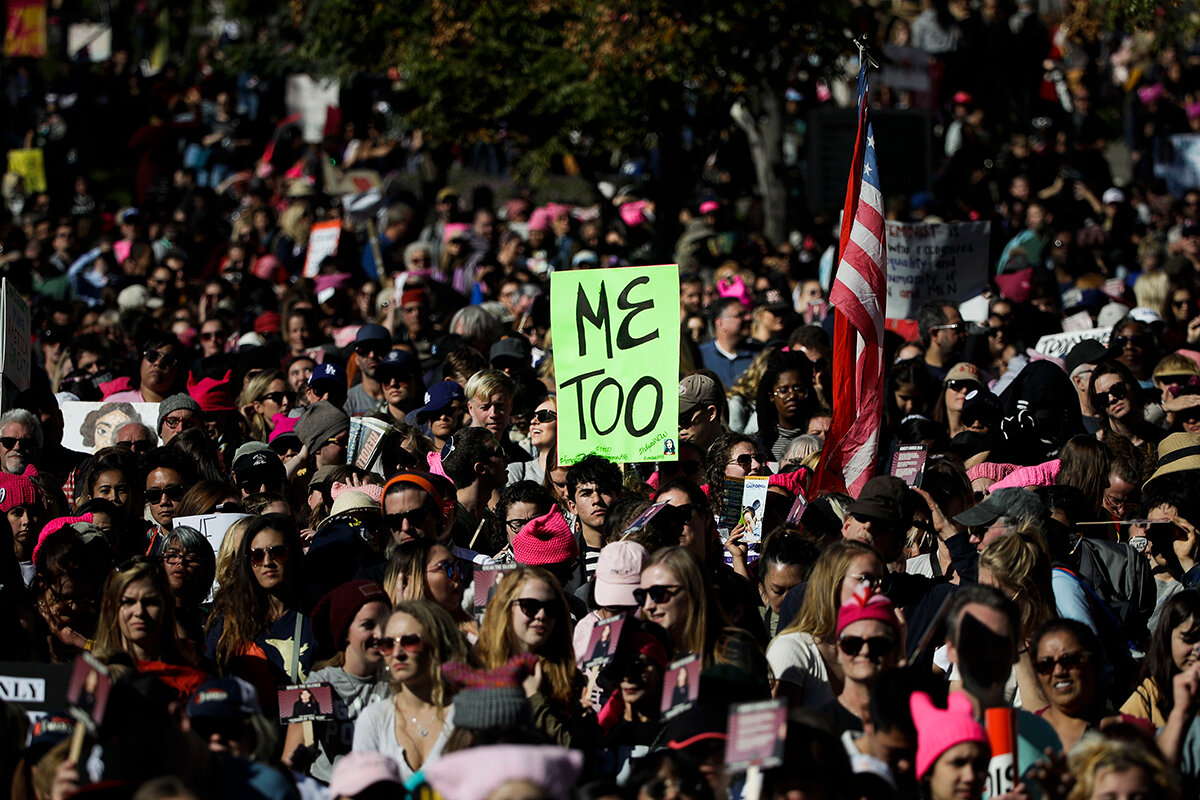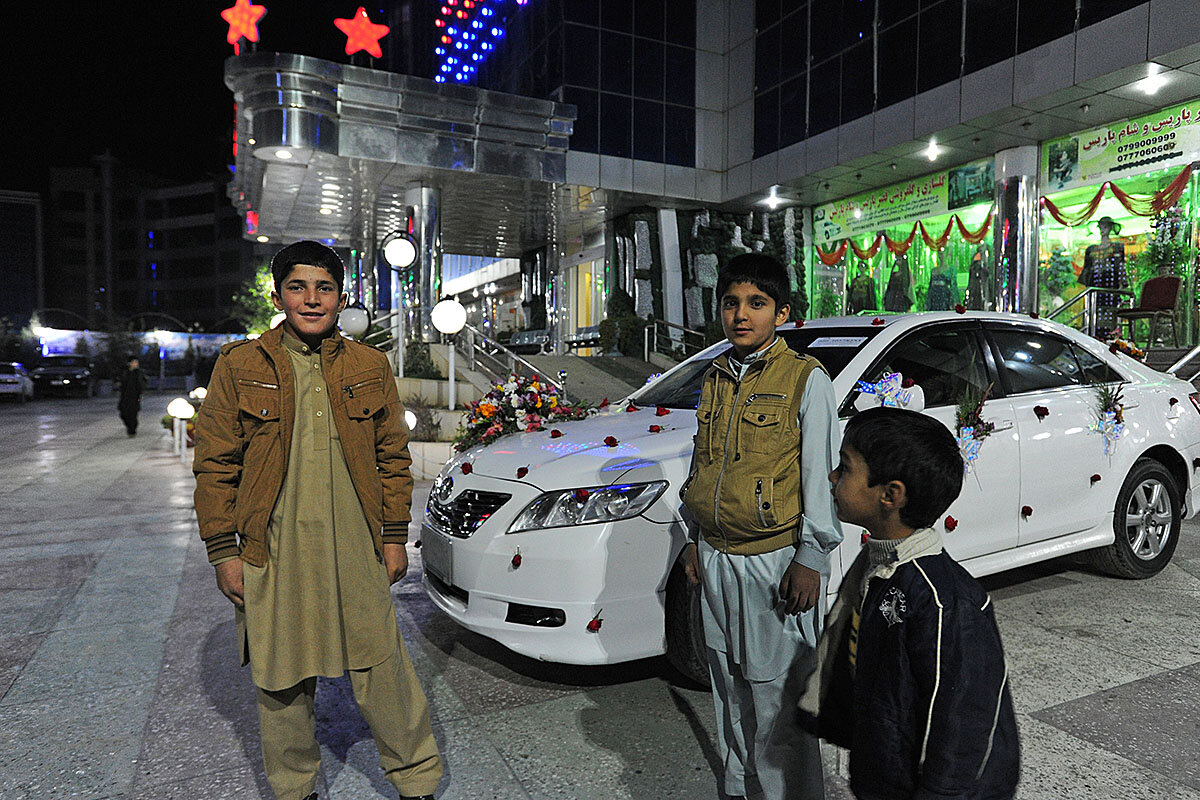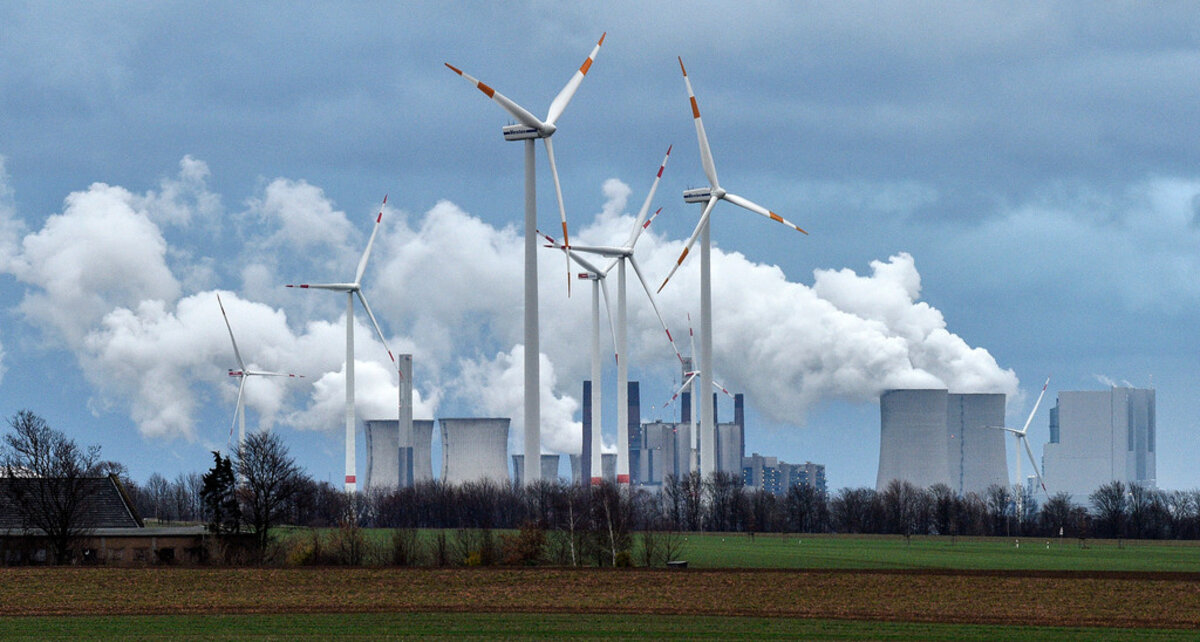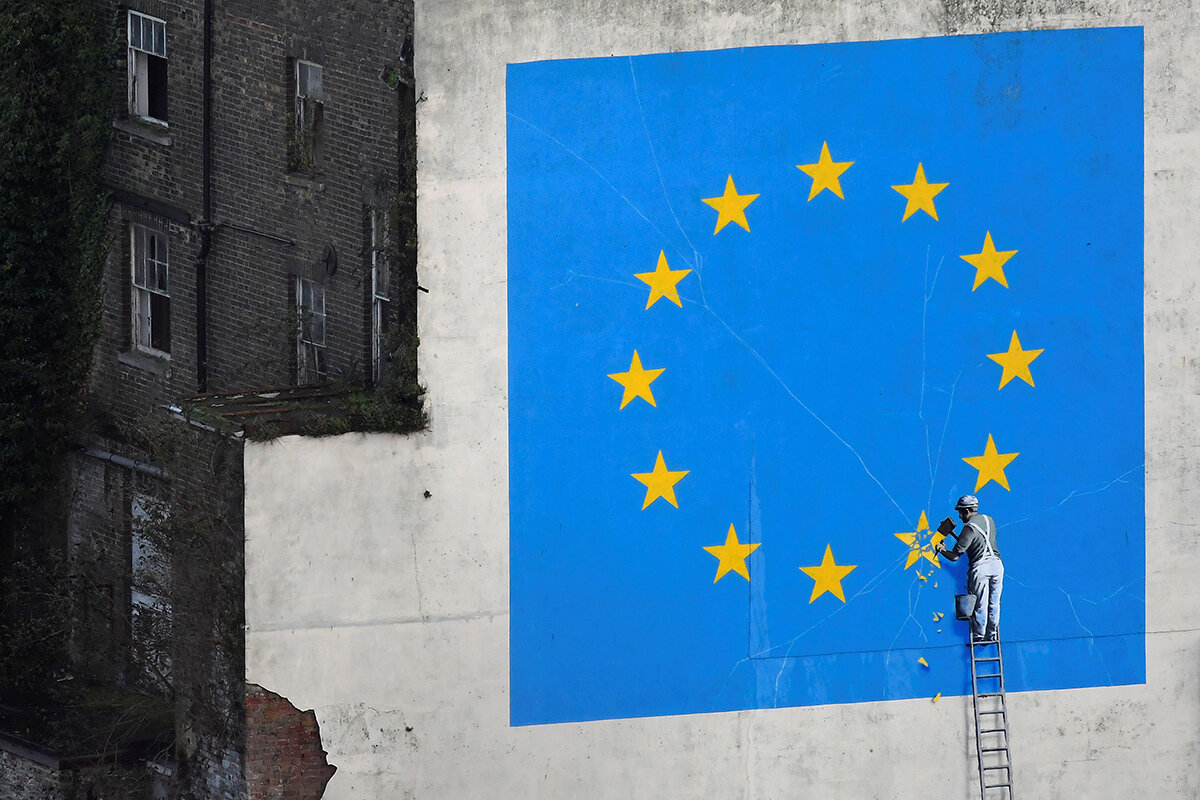The Paris Agreement showed a spirit of unified commitment. Now leaders of wealthy nations need to size up a slipperier obligation. It calls for outreach to countries not in their club.
Monitor Daily Podcast
- Follow us:
- Apple Podcasts
- Spotify
- RSS Feed
- Download
 Clayton Collins
Clayton Collins
Religion and politics are the no-gos of polite dinner parties. Church and state are meant in most regards to be American democracy’s oil and water.
Overlaps are inevitable, and interesting. Some now view climate change, for example, as “a theological emergency.” In Britain a tribunal wrestles with whether veganism is a belief that should be given religious protections.
What if some of the pro-social precepts that guide many faith traditions – from the most formally ritualized religions to ones rooted in a more secular fellowship – were applied to “cultivating a culture of citizenship”?
That’s the idea behind Civic Saturday, an offshoot of Citizen University, a Seattle-based nonprofit founded in 2016 by former White House policy adviser Eric Liu. Its stated goal is to promote agency, not an agenda. Participants sing together. They read texts of “civic scripture,” like the preamble to the Constitution.
“Whichever faith or tradition you’re from, organized religion has figured out a few things over the millennia about how to bring people together,” Mr. Liu told NationSwell, “about how to create a language of common purpose and … use text to spark people’s reckoning with their own shortcomings, weaknesses, and aspirations.”
Liu’s work: reaching out to the unaffiliated. “[T]hey’ve been hungering for a sense of purposeful shared community,” he told his interviewer, “[one] that elevates questions of moral challenge right now.”
Now to our five stories for your Friday, including a look at the deepening reach of #MeToo, an update on a harrowing Afghan saga, and a check-in from Britain’s Parliament about why debaters may be losing their mojo.










